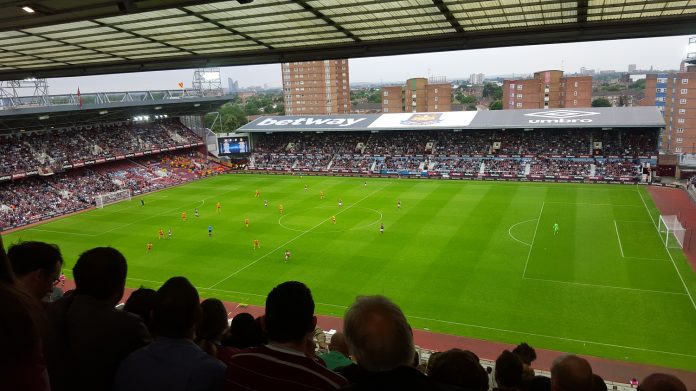It’s 23 years to the day since the death of former West Ham and England captain Bobby Moore. Matt Dean writes about the legacy the icon had on English Football.
A gentleman, a sporting icon a magnificent player, he was the youngest ever player to captain England at the highest level. The enigmatic leader of a talented, hard-working, dedicated and a patriotic national side that won football’s most coveted trophy in 1966.
Though it’s claimed England invented football, 1966 remains the only time this country ever won the World Cup, so Moore is a big part of national sporting history and was an inspiration back in the ‘swinging sixties’. Also captain of West Ham United for more than 10 years, Bobby Moore won a total of 108 caps for England, which at the time of his international retirement in 1973 was a national record.
He was awarded the covet BBC Sports Personality of the year title at the end of that year, the first footballer to do so, and remained the only one for a further 24 years. He was also decorated with the OBE in the New Year Honours List. Moore was unfortunately the first of the winning squad to pass away, ending an era and building a legacy that has had a huge impact on football.
World Class
Robert Frederick Chelsea “Bobby” Moore was born on 12 April 1941 in Barking, Essex, attending Westbury Primary School and Tom Hood School Leytonstone, playing football for both schools. In 1956, Moore joined West Ham United as an amateur player, and after advancing through their youth set-up played his first game on September 8, 1958, against Manchester United. In putting on the number 6 shirt, he replaced his mentor Malcolm Allison, who was suffering from tuberculosis.
A cool-headed central defender, Moore was valued for his reading of the game and ability to anticipate opposition movements, thereby distancing himself from the image of the hard-tackling, high-jumping defender. Indeed, Moore’s ability to read the game, marshalling his team and timing his tackles, marked him out as world class. Moore played his final professional game in England for Fulham on May 14, 1977 against Blackburn Rovers.
The story of Bobby Moore ended on February 24 1993 when he passed away from bowel cancer. On 28 June 1993, his memorial service was held in Westminster Abbey, attended by all the other members of the 1966 World Cup team.
Since his death, The charity Cancer Research UK (CRUK) set up the Bobby Moore Fund to raise money for bowel cancer research in his memory: the Run for Moore races raise funds for this. He was decorated with a statue in front of the national stadium Wembley and also in front of club side West Ham United stadium Boleyn Ground. There is also a Bobby Moore stand named after him at the Boleyn Ground stadium.

